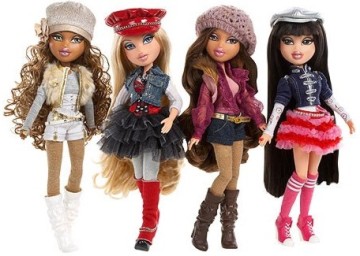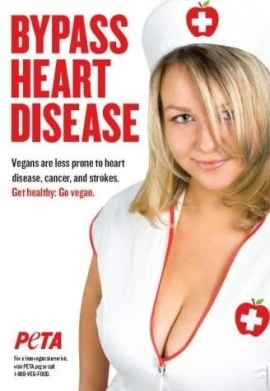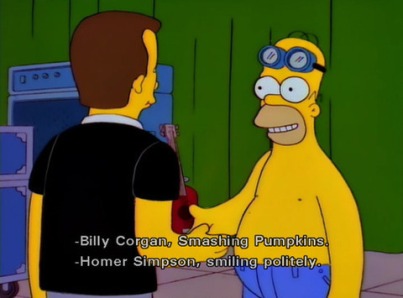The Media are your parents now kids..
What role does the media play in the developmental years of children? – A controversial topic that has been subject for debate since virtually the dawn of television, however more recently following the release of ‘Corporate Paedophilia’ (Rush and La Nauze 2006).
“Corporate paedophilia is a metaphor… used to describe the selling of products to children… it encapsulates the idea that such advertising and marketing is an abuse of children and contravenes public norms”
During childhood, and in particular through pre-teenage years, children should be open to develop at their own pace. However, with pressure and persuasion from the media, it is believed that children are being forced to ‘skip’ the pre-teen years and to start their teenage years with a mindset driven by the ‘sexualisation’ of children within the media. Many Australians have expressed their concerns that a child’s freedom to develop at his/her own pace and own way is under threat from extremely sexualised marketing and advertising. Whilst parents desperately try to keep their kids as kids, many feel that they are fighting a losing battle. With children being openly exposed to multiple media platforms, it is becoming increasingly hard for parents to control what their kids can and can’t see, thus causing ‘moral panic’ within society.
Lets take a look at a doll I am quite familiar with, the reason being around the age of 8-10, I myself owned quite a large collection of ‘Bratz Dolls’.
Bratz Dolls are odd-looking, multiethnic dolls with overly large eyes, botox like lips and skimpy clothes – or from what I remember they’re like, the coolest things ever. With their “passion for fashion” established through midriffs and mini skirts taking ‘micro’ to a new level, Bratz have been widely criticized by the public as being overly sexualised and consequently, a bad example for young girls. These dolls suggest that as a girl, your priorities are shopping, looks, and boys. Though when I was 8 years old of course I didn’t understand this, all I could see were pretty dolls with their made-up faces, funky outfits and hair I could play with and plait for days. Now, being much older I can see the potential these dolls had to influence what I grew up thinking was normal, appropriate and cool. However it is undeniable, these dolls are not something you want to see your daughter aspiring to at an age as young as 8. So then why are these dolls so popular? Because sex sells.
The media plays are larger part than any of us are willing to admit in shaping our interpretations and opinions. It is scary. As Terry Moran addresses in ‘Too Sexy Too Soon Children and Teens as Sexual Symbols in the Media’, our culture inevitably shapes the sexualisation of children in the media, and as a consequence it is damaging to the emotional, physical and psychological wellbeing of our youth.
Look, if I’m going to be honest here, I played with Bratz Dolls when I was around the age of 8, and I loved them, just as much as I loved Barbie when I was 5. I was exposed to all things inappropriate no matter how hard my mother tried to protect me, and yet here I am. Happy, healthy and well. Ultimately, I think it is up to the parents to shape their child. Children are a product of their environment and it is up to the parents to control the level of exposure their children have. But then again; what is acceptable and what isn’t? Where do we draw the line?
References:
– Citizens of Change, America 2010, ‘Too Sexy Too Soon Children and Teens as Sexual Symbols in the Media’, online video, 16 December, Citizens of Change, America, < https://www.youtube.com/watch?v=RVsS9Sxoo4U>
– Turnbull, S 2015, Lecture 6 ‘Relating Theory to Issue’ PowerPoint slides, BCM110.
– Girls Talk, The Sexualisation of Girls, American Psychological Association, < https://www.youtube.com/watch?t=27&v=B2PddIma3LQ >
– Young, J 2009, ‘Moral Panic’, The British Journal of Criminology.
– “Corporate Paedophilia” Sexualisation of children in Australia, Emma Rush & Andrea La Nauze, The Australia Institute, October 2006.


